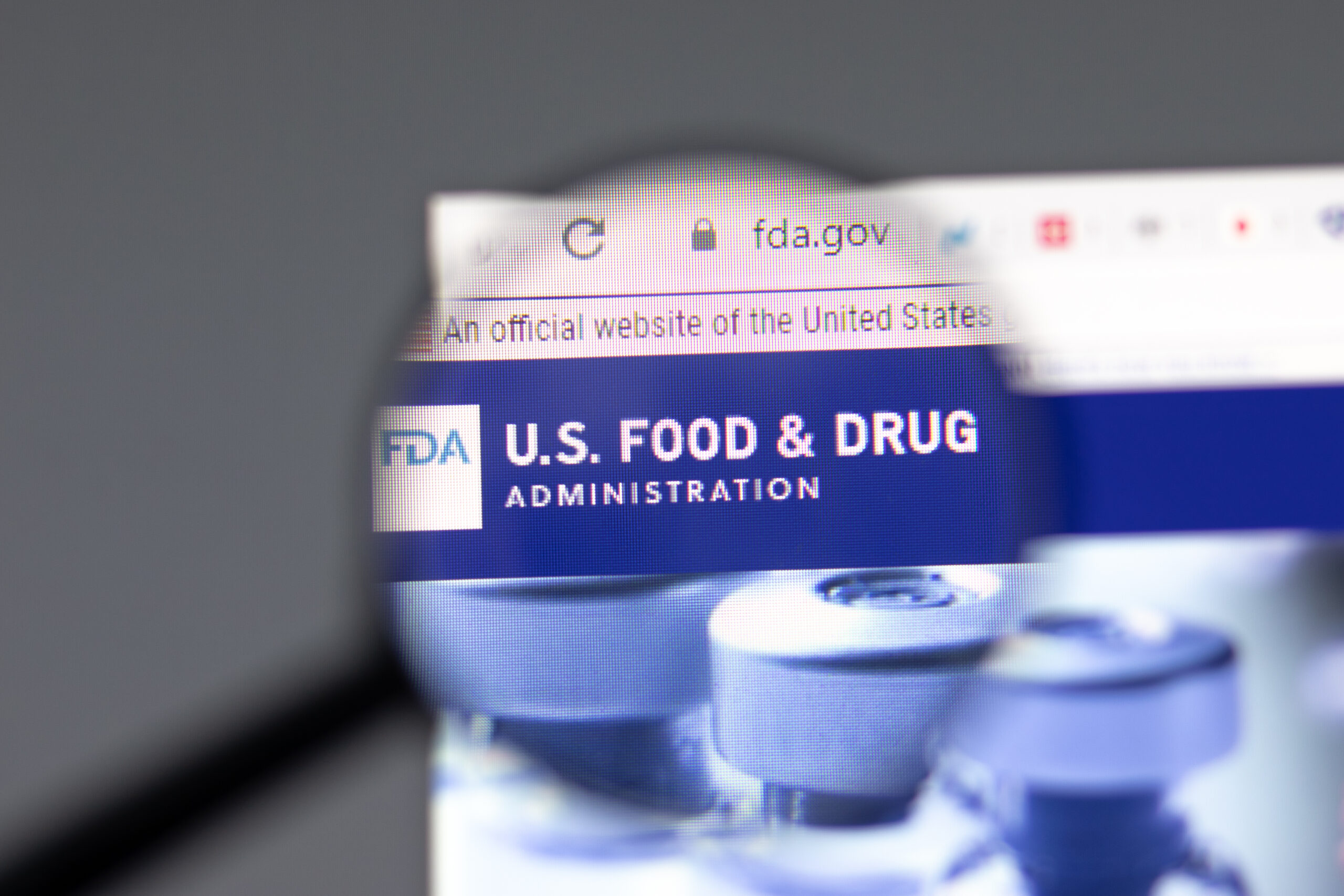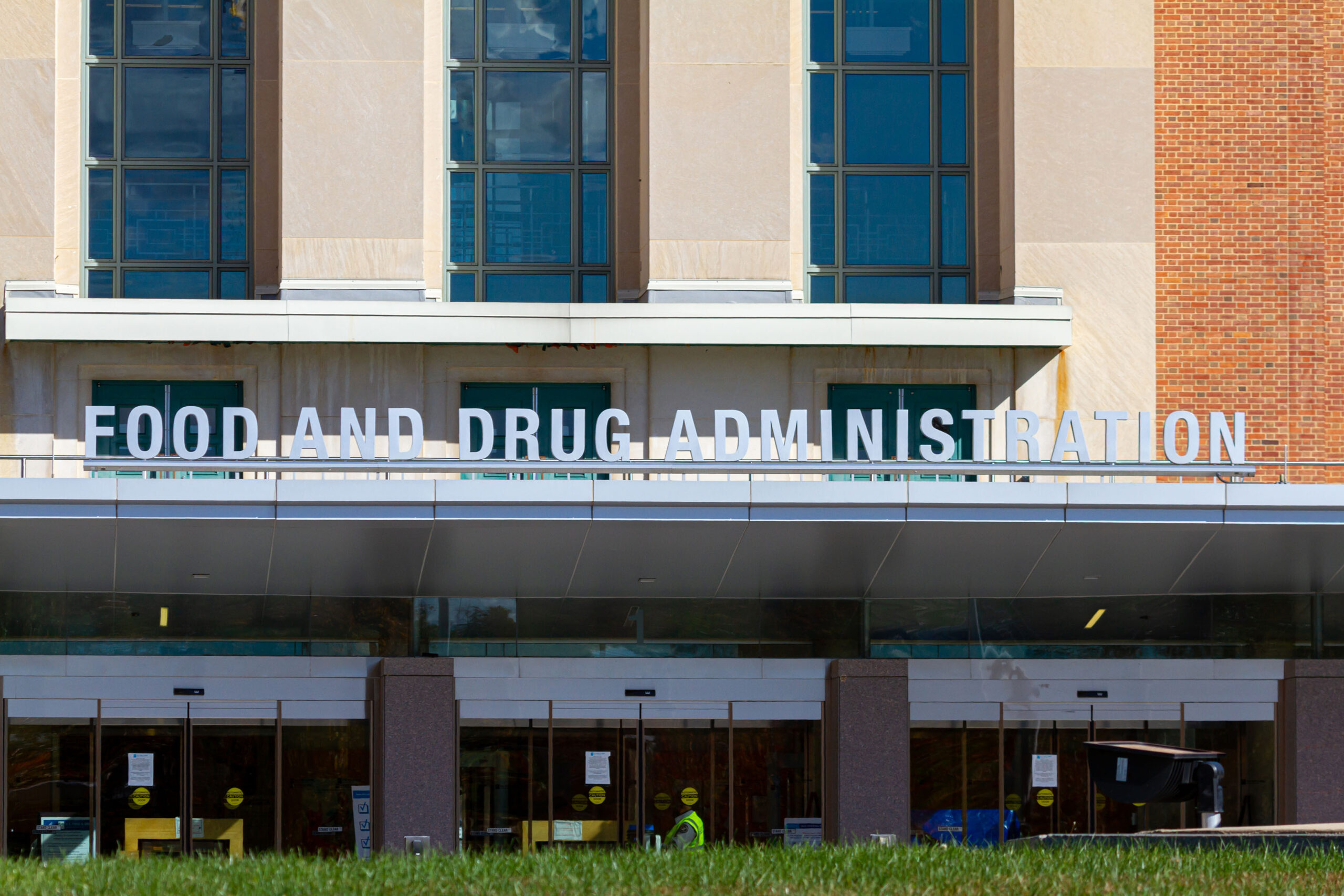Reforming 340B: Ensuring the Discount Program Delivers for Patients December 12, 2025 • 11:00 AM – 12:00 PM ET Hosted by the Alliance for Safe Biologic Medicines (ASBM) and the Global Colon Cancer Association (GCCA) Register Now The 340B Drug Discount Program was created to help hospitals and clinics stretch limited resources to serve […]
The world’s regulators agree: Biosimilars aren’t generics. Why is the FDA suddenly pretending they are?
On October 19th, ASBM submitted detailed comments to the U.S. Food and Drug Administration regarding its September 19 public workshop, Advancing the Development of Interchangeable Products: Identifying Future Needs (Docket No. FDA-2025-N-2787). ASBM expressed strong concern over signals that FDA may move toward “genericizing” biosimilars—modeling their approval and substitution on small-molecule generics—calling such a shift “scientifically inappropriate […]
October 31, 2025 ASBM: Biosimilars are not generics—so why is FDA pretending they are? Learn more: ASBM Fact Sheet- Stop the “Genericization” of Biosimilars WASHINGTON, D.C. — The Alliance for Safe Biologic Medicines (ASBM) today expressed strong opposition to the Department of Health and Human Services’ continuation of a Biden-era regulatory initiative that inaccurately portrays biosimilars as “generic […]
ARLINGTON, VA — July 7, 2025 — The Alliance for Safe Biologic Medicines (ASBM) today announced the retirement of longtime Board member Doug Badger, and the appointment of two new members to its Board of Directors: Cristina V. Beato, MD, and Chris Downing, both of whom previously served in senior leadership roles at the U.S. […]
What is MFN?—Why It’s a Threat to Patients The Most Favored Nation (MFN) drug pricing policy ties U.S. medicine prices to those in countries with strict government price controls. This may sound like a win for patients, but MFN imports the very systems that limit access, delay innovation, and lead to higher death rates abroad—especially […]





